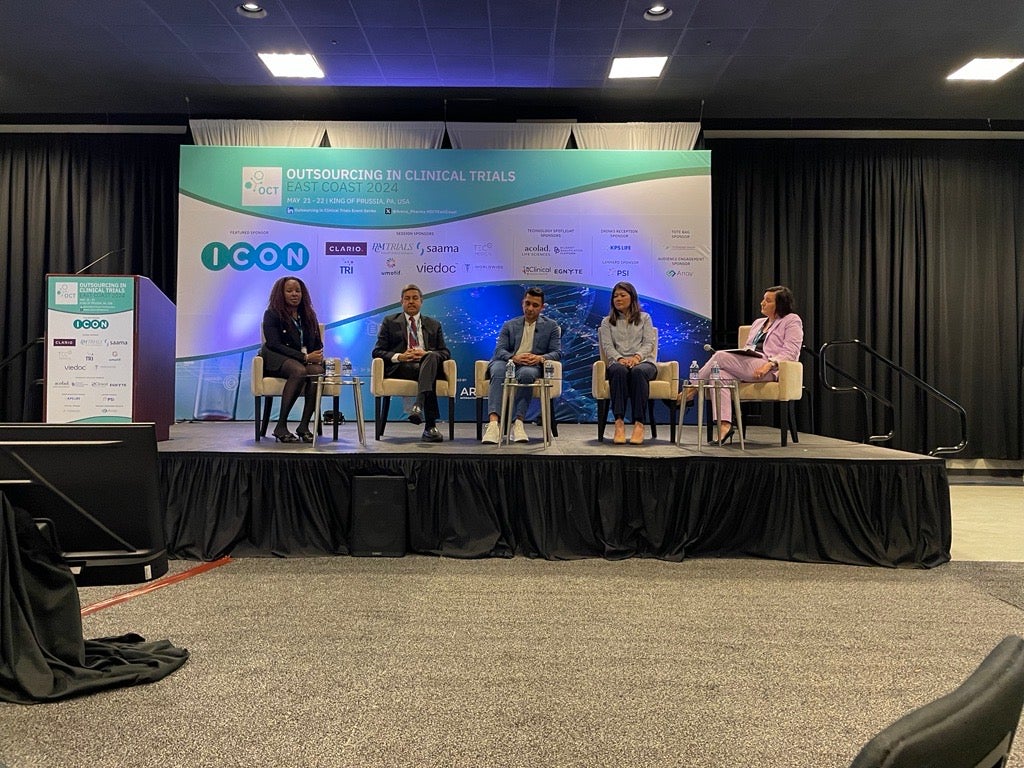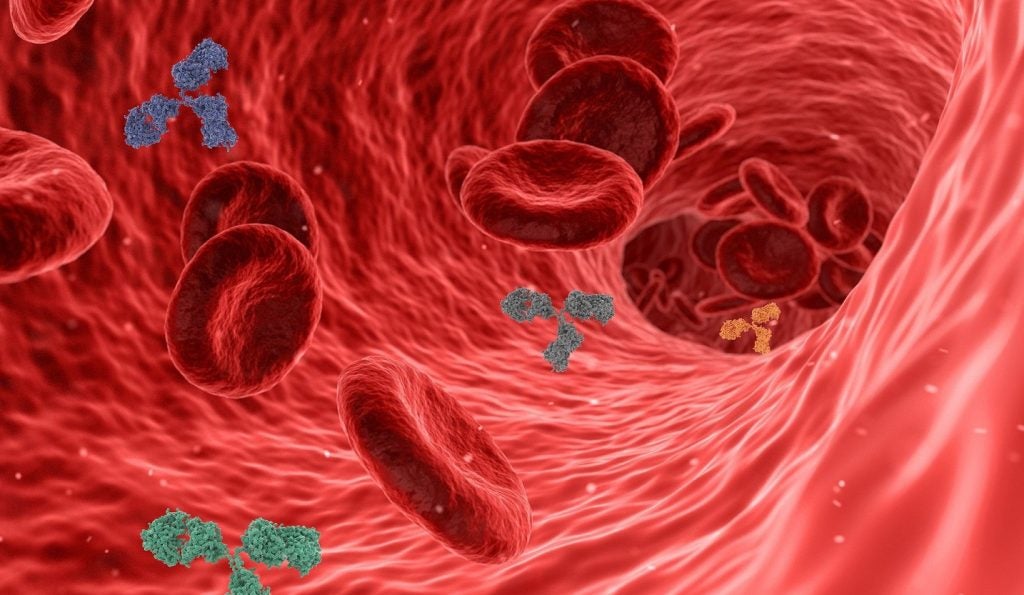
Orphelia Pharma is taking action to drive regulatory agencies like the European Commission to adapt pharmaceutical legislations that would facilitate the development of rare disease pediatric drugs, like the company’s Kizfizo (Ped-TMZ).
Kizfizo, the first oral liquid suspension of temozolomide, is designed to act as a monotherapy or as a Kizfizo/DNA topoisomerase inhibitor combination treatment for the treatment of relapsed or refractory (r/r) neuroblastoma.
Originally indicated exclusively for the treatment of glioblastoma in adults in the US, temozolomide has been used off label to treat r/r neuroblastoma patients for years. The drug is approved for treating GBM in adults and children in Europe. Use of temozolomide in this manner, especially in children, has its drawbacks because children end up being underdosed, executive chairman Gilles Alberici told Pharmaceutical Technology.
“You often open the capsules and put that in your water. And this is something that should not be done because it’s a chemotherapeutic agent. So, in order to make sure that the parents are not exposed to the drug, it was important to invent a new form of temozolomide,” said Alberici.
Though the Paris, France-based company announced an Marketing Authorization Application (MAA) to the European Medicines Agency (EMA) in October, the company had actually filed it back in July, said Alberici.
Off label drug use has been a hot topic of late. In October, the US Food and Drug Administration (FDA) doubled down on companies sharing products with healthcare providers outside the product’s approved indication.
How well do you really know your competitors?
Access the most comprehensive Company Profiles on the market, powered by GlobalData. Save hours of research. Gain competitive edge.

Thank you!
Your download email will arrive shortly
Not ready to buy yet? Download a free sample
We are confident about the unique quality of our Company Profiles. However, we want you to make the most beneficial decision for your business, so we offer a free sample that you can download by submitting the below form
By GlobalDataOrphelia would like to eventually expand Kizfizo’s label to treat indications such as medulloblastoma, glioblastoma, Ewing sarcoma, rhabdomyosarcoma, and other autoimmune sarcomas. However, as per Alberici, clinical trials in those indications present difficulties as there is less available data and the company cannot ethically compare a regimen with or without Kizfizo.
In addition, collecting data in the other indications in the short term is no mean feat, said Alberici. The MAA for Kizfizo in neuroblastoma was corroborated by data from several prospective and retrospective studies due to the niche nature of the indication. These included the Phase I TEMOkids study (NCT04610736), a Phase I temozolomide bioequivalence study (NCT04467346), and a prospective Phase IIb BEACON study (NCT02308527).
This is not the first time Orphelia has faced difficulties putting drugs for rare childhood diseases on the market. The company also faced market access barriers for Kigabeq (vigabatrin), its pediatric formulation of vigabatrin, which has an EU authorization as a monotherapy for West syndrome and for use as a combination treatment for resistant partial epilepsy. Orphelia is also looking to bring Kigabeq to the market in a new indication.
At the 5th Medicines for Europe Conference earlier this month, chief pharmaceutical affairs officer, Laurent Martin, highlighted the barriers the company faced while gaining approval for Kigabeq and emphasised that legislations need to take actions that would facilitate repurposing innovation.
Pricing in some European countries was especially difficult and holding a Pediatric Use Marketing Authorization (PUMA) did nothing to facilitate processes, explained Alberici. “We were using PUMA and there was no real value,” said Alberici.





